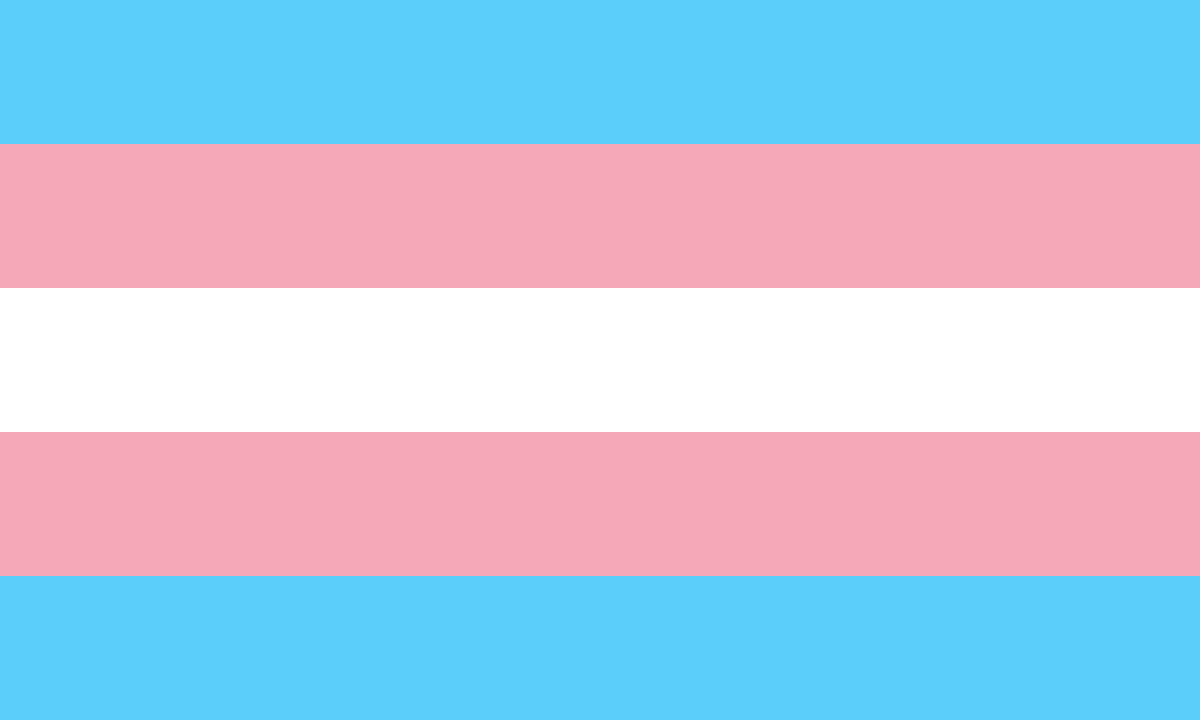How many transgender teens in the U.S. are receiving medical care related to gender transitions? According to a peer-reviewed research letter published Monday in JAMA Pediatrics, the answer is very, very few.
It’s a key data point as Republican lawmakers in Congress and around the country continue to focus on transgender youth in contexts ranging from sports to bathrooms to doctors’ offices. In a legislative sprint over the last few years, half of U.S. states have enacted bans on gender-affirming care. Some of those laws have been blocked in court, and one such legal case was just argued in the U.S. Supreme Court in December.
The care at issue includes puberty blockers and cross-sex hormone therapy — medications that help transgender teens develop characteristics that align with their gender identity. Use of these treatments is supported by major American medical groups including the American Academy of Pediatrics.
“It’s important to put numbers to the debates that are currently happening,” says Landon Hughes, a postdoctoral research fellow at the Harvard School of Public Health. “There weren’t any peer reviewed studies that were looking at the rate of hormone use and puberty blocker use among youth in the U.S., and so we wanted to fill that void.”
Hughes and colleagues at Harvard and Folx Health, a virtual LGBTQ health care company, used a data set of private insurance claims from 2018-2022 that included more than 5 million adolescents.
“The total number of youth who had any diagnosis of gender dysphoria was less than 18,000,” Hughes explains. “Among those folks, there were less than 1,000 [youth] that accessed puberty blockers and less than 2,000 that ever had access to hormones.”
In other words, the study found that less than 0.1% of teenagers with private insurance in the U.S. are transgender and receive gender-related medicines.
A recent mental health survey from the CDC found a much higher percentage — 3% of high school students — self-identified as transgender. Not all transgender people seek a medical diagnosis or treatments related to their identity, notes Lindsey Dawson, director of LGBTQ health policy at the research organization KFF. “Much more common is to change hair grooming, style of clothing, using a different name,” she says, pointing to KFF research.
See here for some background. I doubt this changes many minds – if anything, I think it might make the leading anti-trans zealots feel more free to pursue their goals, since the constituency they’re attacking is so small. I will just note that when such zealots score a political victory, they never congratulate themselves and then move on to other pursuits. They take it as evidence they should push farther, which in this case would mean trying to pass similar bans on such care for adults, and seeking to criminalize any attempts to work around that. The best course of action is always to keep them from getting that foothold in the first place.

